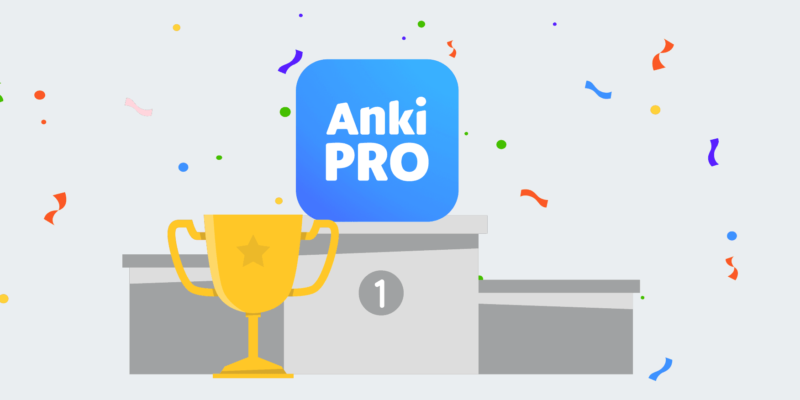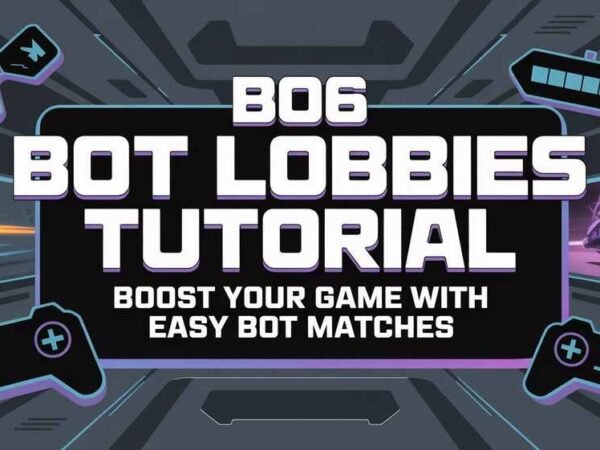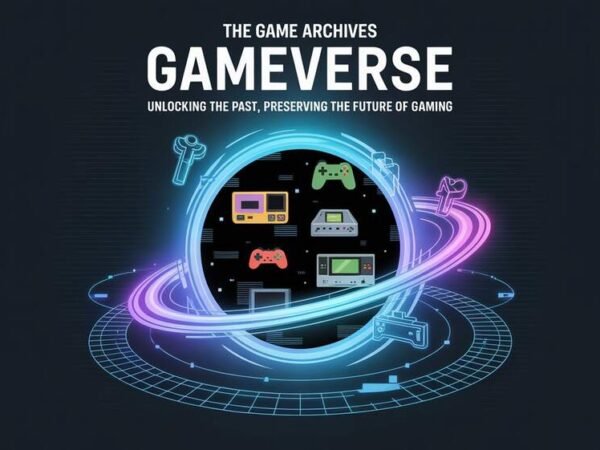In today’s fast-paced learning environment, mastering new information quickly and effectively is essential for success. Flashcards are one of the most powerful tools available to students and professionals, helping to improve memory retention and enhance study efficiency. Whether you’re learning a new language, studying for an exam, or tackling a complex subject, flashcards can make the process easier and more productive. This article will explore how to use flashcards efficiently to maximize your learning potential.
Why Flashcards Work
Flashcards are effective because they rely on the principles of active recall and spaced repetition. Active recall involves testing your memory by retrieving information, which strengthens your brain’s ability to remember it later. By forcing yourself to recall the answer to a prompt, you engage with the material more deeply, creating stronger neural connections.
Spaced repetition, on the other hand, is a technique that schedules reviews of information at increasing intervals. This method leverages the brain’s natural learning cycle by revisiting material just before you forget it, thereby transferring knowledge from short-term to long-term memory. Flashcards are ideal for implementing spaced repetition, especially when used with digital tools.
How to Create Effective Flashcards
To maximize the effectiveness of your flashcards, it’s important to create them properly. Here are some tips to ensure your flashcards help you learn efficiently:
- Keep It Simple: Each flashcard should contain one piece of information. Trying to include too much on a single card can overwhelm your memory and make recall more difficult.
- Use Clear Questions: The questions on your flashcards should be straightforward. Avoid using vague prompts, and instead, focus on creating concise and focused questions.
- Add Visuals: Incorporating images or diagrams can enhance memory recall, especially for subjects like biology, geography, or language learning. Visual learners benefit greatly from the use of pictures on flashcards.
Digital Flashcards: Anki Mobile Flashcards
In today’s digital age, many students and professionals have transitioned from paper flashcards to digital versions. Apps like Anki mobile flashcards offer the same benefits as traditional flashcards, but with added features that enhance study efficiency.
Anki mobile flashcards use spaced repetition algorithms to automatically schedule reviews based on how well you know the material. This allows you to focus on areas where you need more practice while reducing the time spent on information you’ve already mastered. The app also supports multimedia flashcards, allowing you to include images, audio, and video, which is particularly useful for subjects like language learning and science.
The portability of digital flashcards means you can study anywhere, whether you’re commuting, waiting in line, or taking a break. With your entire deck available on your mobile device, you’ll always have the opportunity to review material on the go.
Best Practices for Using Flashcards
Once you’ve created your flashcards, using them effectively is key to boosting your study efficiency. Here are some best practices to follow:
- Review Regularly: Consistency is essential for effective learning. Set aside time each day to review your flashcards, even if it’s just a few minutes.
- Shuffle Your Deck: Avoid memorizing the order of your flashcards. Shuffling your deck forces your brain to recall information based on the content itself, not the sequence.
- Focus on Weak Areas: Pay extra attention to the flashcards you struggle with. Review these cards more frequently to strengthen your knowledge of the material.
Using Flashcards for Different Subjects
Flashcards are versatile and can be used for virtually any subject. Here’s how they can be applied effectively across various fields:
- Language Learning: Flashcards are perfect for memorizing vocabulary, grammar rules, and verb conjugations. Adding audio can also help with pronunciation practice.
- Science and Medicine: Flashcards are ideal for remembering anatomy, chemical formulas, and biological processes. Visuals are especially useful in these fields to reinforce understanding.
- History and Social Studies: Use flashcards to memorize dates, historical figures, and important events. Ensure that you include not only facts but also explanations for deeper understanding.
Conclusion
Flashcards are a powerful tool for learning efficiently, offering a simple yet effective way to improve memory recall and retain information. Whether you prefer traditional paper flashcards or digital versions like Anki mobile flashcards, the key to success lies in how consistently and strategically you use them. By incorporating active recall and spaced repetition into your study routine, flashcards can help you master any subject, boost your retention, and make learning more efficient and enjoyable.













